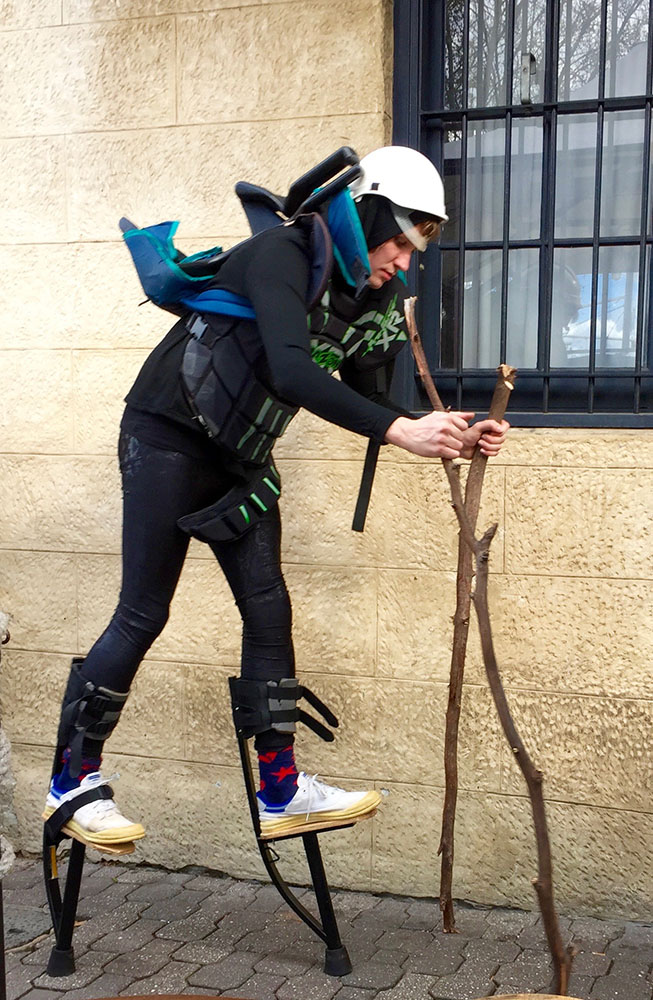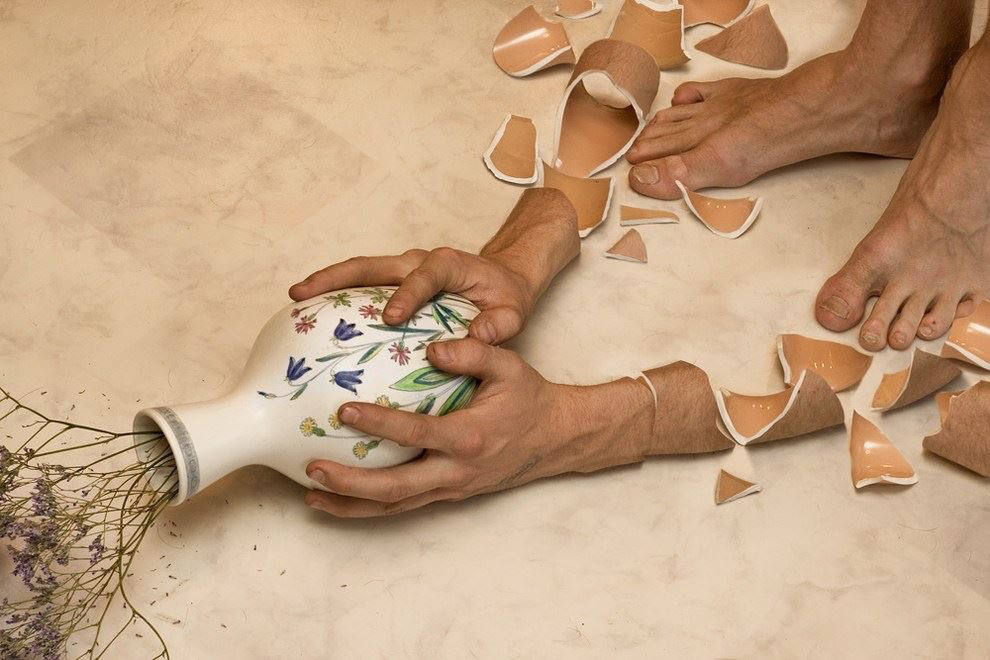Mixtape Champs suggests this song as a pairing for your reading today:
We sat down in the restaurant, choosing our own table and picking up menus that lay, waiting. The place was half full, and a couple of waiters dawdled, chatting at the bar.
I looked at dad, his hat placed on the table beside him, and the thin strands of hair brushed across a bare dome of head. Anything rather than admit defeat. Bald.
My brother coughed, and sized up the menu.
“Hmm, fancy some seafood?” he looked up at dad. He knew the answer, but sometimes it’s nice just to heighten the excitement.
“Prawns. Yes, prawns. And shall we start with some oysters? Fresh of course,” dad nodded and put the menu back on the table and snapped it shut.
He looked around.
A young girl in apron and bowtie carried some meals out and plonked them down on a table opposite us. The two other waiters, by this time, had vanished. We, and the other guests were alone. We looked up at the girl, trying to catch her eye, but alas. We joined the Invisible Man.
One of the boys reappeared behind the bar and shuffled some glasses. Dad looked over at him and nodded. The waiter looked the other way, quickly, lest he be caught in the crossfire.
“They’ve all been to waiters’ school,” said dad. Dry as ever. So we hunkered down, determined to get that seafood out of the kitchen, onto our table at all costs. It wasn’t easy.

Ready for service…
Does this scenario sound familiar to you? Been in a place where all the staff are well practiced at averting even the most determined gaze? Where, as my father so beautifully put it, they’ve all been to ‘waiters’ school’? What do you do then? The unforgiveable finger-click and risk the eternal wrath of waiters globally?
I’ve taken to raising my arm, as if I were back in school answering a question. But sometimes even that doesn’t work. I’ve seen it become a duel, where sometimes the customer wins, sometimes the surly waiter. But in the end, it’s the restaurant owner who loses. Because bad service, no matter how fantastic the food, will ensure the business will fall away like Jetstream.
It’s the business owner I blame for bad service. The staff, so often in Australia, are thrust onto the floor with an expectation that they’ll somehow become good waiters by… osmosis? What is that? One needs years of training and exams and cooking tests to be a chef but a waiter? What does he/she do?

Balance is about training and practice
While the TAFEs and hospitality schools run courses in waiting, all too often staff themselves bypass any chance of learning the ropes and fling themselves at the business and public. It’s a holiday job right? A job where you can work after hours while studying, doing another apprenticeship, or just while waiting for something else to come along? Something ‘better’?
May I take this opportunity and remind restaurateurs that the waiters are their faces? A waiter is the point of contact between kitchen, where so much has often been spent, and the diner. How important is that? The great families in Italy and France have generations of waiters, proud to be expert at what they do, and delight in passing on secrets of their trade to the next incumbents.
A great waiter is a delight to watch. Even our curly headed waiter at Blue Eye, who might have dropped the f-bomb in discussing a wine, was music to watch. He pirouetted between tables like Nureyev. As sure of his job as the professional he is.
And if the origin of the word, ‘waiter’ evolved from very early restaurant days when a person served a customer and ‘waited’ for his order, why is it now, so often, that it’s the customer who waits?
As part of our new membership site, cook and cauldron, I’m reproducing a small booklet I wrote for my last restaurant. In it, I detailed the exact expectations that I had for each waiter, how the restaurant would run front of house, and what sort of experience I hoped each customer would have. And I demanded full cooperation between kitchen and floor – each shift required an update on dishes and customers. Vital.

Training allows amazing feats
It was so important that each member of staff was trained in their duties, and the customer’s experience would be quality and reliably so. We spent days training staff. It caused quite a stir in the small seaside town where the restaurant was. Who did we think we were? Training waiters? The very idea! But it worked, and from day 1 people queued round the block to snaffle a table.
I would still love to see those accursed table numbers on sticks go to hell forever. And restaurants go back to numbering the tables themselves, and setting areas for each waiter, so there was no possibility of a table being double served, or worse still, forgotten.
I’ll finish with a chef friend of mine’s words: “Great service is like a perfect orchestra, a heavenly performance. But when it’s bad, for the customer, it’s like being stuck in prison in the foreign legion. The floor, a bitter, dry desert.”
Are we able to foster a love of waiting as a career, as it is in Europe? Is it possible that young generations would see it as a worthwhile, indeed proud occupation? Could waiting finally be a destination, not just part of a journey?
Chrissie



